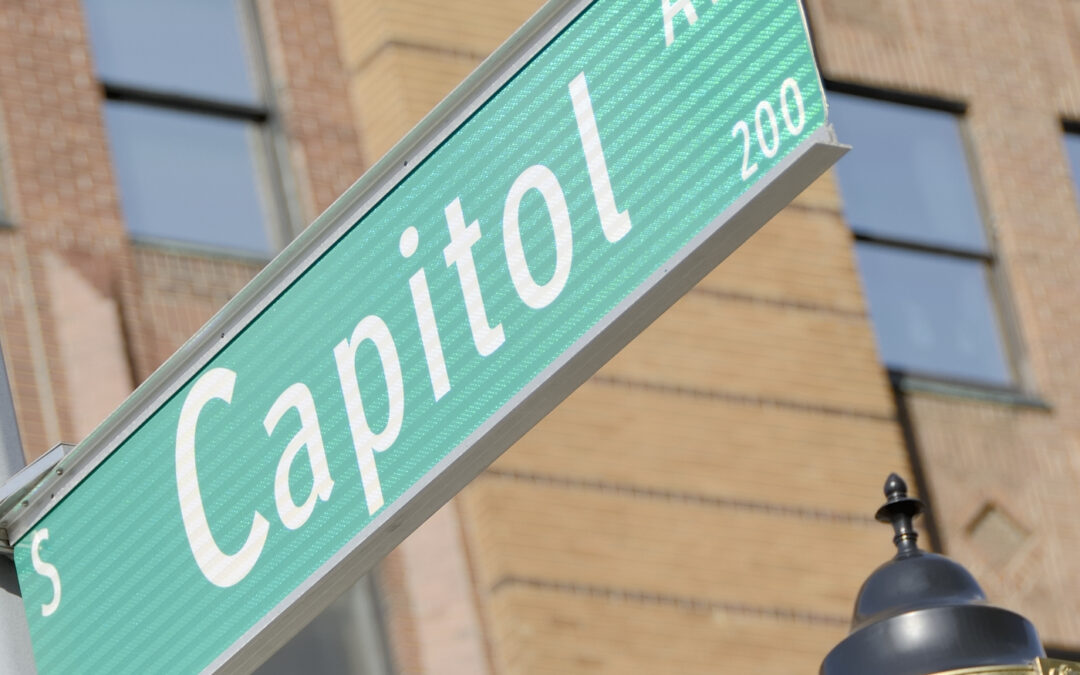In May of 2023, Cannabis Regulatory Agency (CRA) proposed its third set of major administrative rule changes. The administrative rules identify how all licensees are to operate and are very important. Violations of the rules can and will lead to fines, suspensions, and possibly license revocation. When they change it becomes incredibly important that the licensees are aware of the changes. At this point, they are suggesting some big potential changes, some are good, and some are not. It is important that the industry stakeholders participate in this rule-making process to ensure that the final rules are fair and practical and seek to ensure the health, safety, and welfare of the industry as well as its consumers.
Procedure for Changing the Administrative Rules
The process officially starts when the CRA delivers to the Michigan Office of Administrative Hearings and Rules a Request for Rule Making which outlines the authority and timeline of the process. Upon acceptable, the department will prepare the draft rules which can take several months depending upon how many rules are being created or amended. A public hearing is then set and conducted at which the public may make its comments either in writing or orally in person. Next which then gets delivered to the legislative body called the Joint Committee on Administrative Rules (JCAR) which then reviews the rules and delivers a report. The JCAR report includes lists of the pertinent details of the rules, the department, and the publications in which the notice of the public hearing was published. It also lists the persons who submit comments in support and opposition and the summary of said comments. Then The final set of rules will then be drafted. The last time this process occurred it took 14 months.
For the first time, the CRA published a summary of its proposed rule changes before filing the RFP. They did not obtain early comments from stakeholders. This was not a necessary part of the rule-making process but a very welcome gesture to ensure a complete opportunity to influence the rule-making process. I note that many of these rule changes seek to prevent illicit marketing products from entering the regulated market. This is one reason why Brian Hanna was called upon as the executive director.
THE TOP EIGHT MOST SIGNIFICANT PROPOSED RULE CHANGES
- Allow the CRA to deny a license based upon a demonstration of unpaid debt for services or products provided to other licensees. Speaking on behalf of many of our clients, this is a bad idea. We know of no other industry or jurisdiction that has this type of rule. Creditors already have remedies to collect their debts. Plus it would place the CRA in the position to determine which debts were legitimate and which ones where not. This rule would not fully address the underlying problem.
- Prohibit licensee websites from identifying or suggesting different ownership and management that has been approved by the CRA. This is interesting as websites are forms of advertising. While they cannot be misleading or fraudulent, they often do not identity who the owners or managers of any company are. Requiring this information would not serve any purpose nor is it a practice in any other regulated industry.
- Temporary events: eliminate the requirement that the applicant provide an event location number for where retailers will operate and require the application be submitted 120 days. Currently the filing period is 90 days prior to the event. In the event the application gets denied, it would provide more of a buffer to cancel the event. 30 days is not enough time. An event holder would want to know that at least 60-90 days before. There will have been a significant investment expended 30 days prior to the event.
- Marijuana event organizers and designated consumption establishes will be exempt from submitting the annual financial statements. This is simply a good idea.
- Prohibit marijuana sales locations from selling any products acquired from registered caregivers in 2018-2019. It is interesting that there is still this product on the shelves. The CRA believes this rule will help prevent the illicit marketing products from entering the regulated market.
- Eliminate the requirement that marijuana waste be rendered unusable before disposed. This rule was originally enacted to prevent theft of marijuana waste. This has not proven to be a problem and the rule is unnecessary. Bravo
- Allow licensees 72 hours to verify the accuracy of a shipment. This eliminates the need to immediately verify a shipment which can impeded normal business operation.
- Remove the requirement that their be a separate waiting area from the sales area in a retail store. Licensees may still desire to do so, but requiring them to is not necessary nor protect the heath and safety of the industry.
The administrative rules are extremely important to industry licensees and operators. They can make things easy or really difficult. It is important that the industry stakeholders take advantage of the opportunities to ensure these rules are created in the best interest for everyone.
Conclusion
The proposed changes to the administrative rules by the CRA have significant implications for licensees and operators in the industry. It is crucial that industry stakeholders actively participate in the rule-making process to ensure fair and practical regulations that prioritize the health, safety, and welfare of both the industry and consumers. The CRA’s willingness to publish a summary of the proposed changes before filing the Request for Rule Making is commendable, as it allows for greater transparency and the opportunity to influence the process. While some proposed changes, such as preventing illicit products from entering the regulated market, are commendable, others, like denying licenses based on unpaid debts, raise concerns. As the rule-making process unfolds, industry professionals must engage and provide constructive feedback to shape the final rules in the best interest of all parties involved.
For more information and legal counsel regarding licensing services, compliance issues, or cannabusiness, please contact 248-487-8314 by phone or visit us online at The Law Offices of Barton Morris or Cannabis Legal Group.
For up-to-the minute news, please tune into The Cannabis Legal Group LinkedIn LIVE every Thursday at 11:00 AM!





